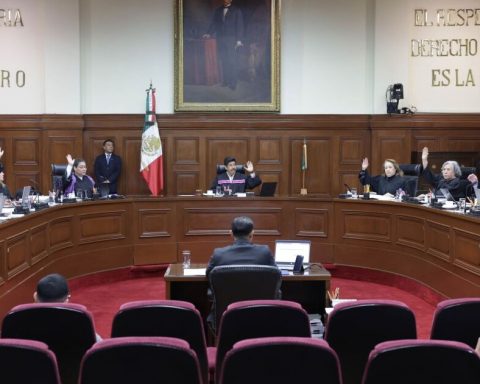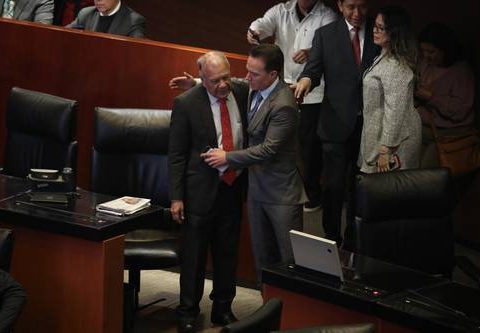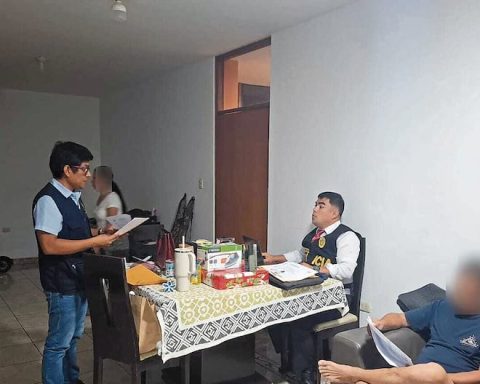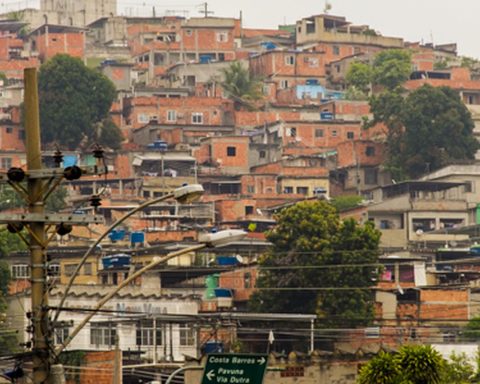“Here there is an entry time, but not an exit time.” This is a phrase rooted in the world of work and translates into long working hours and little possibility of time management for people. According to a study by Adecco Group, 80% of employees in the world continue to work after hours on average three days a week.
This figure is recognized by the employers themselves, according to the results of the report Disconnect to reconnect. At the same time, companies globally also ensure that 60% of employees review their email up to four times a week after finishing your working day.
“It is a fact that the ways of working have evolved since the pandemic, but obviously this brings changes in the behavior of collaborators, it is then that challenges arise in companies to promote staff wellness”, says Salvador de Antuñano, director of Human Resources at Adecco.
An important point is that people report more difficulties disconnect in the office than when they work from home. The labor force in Latin America is among those that experience the greatest barriers to finishing their day at the established time when working in the office. The larger the company, the greater the workloads that exceed the capacities of the people.
The extension of working hours is something that is also confirmed by official figures. In the specific case of Mexico, the National Survey of Occupation and Employment (ENOE) shows that in the last month 697,322 people joined the population of wage earners who work more than 48 hours per weekthe limit established in the legislation, to add a universe of 10.9 million people.
Adecco’s research shows that four out of 10 companies in the world recognize that as a result of the pandemic, employees have had “more work to do.” The labor force in Latin America tends to have more difficulties disconnect from work compared to workers in economies such as Spain, Switzerland or the United States.
“Perhaps not surprisingly, it is the youngest and most technologically savvy generation (generation Z) most likely to work outside of business hours: 61% worked and 69% checked their email. In addition, the study has made it clear that the more workers worked outside of working hours, the more stressed they were and the more difficulties they had in disconnecting from work”, the study indicates.
Among the activities that the workers themselves consider to be escape routes to workhighlight:
- Coexistence with friends and family
- Watch TV
- Do exercise
- Listen to music
- Talk with friends
Stress levels also rise
In line with the difficulty to switch off after work, the stress levels have also increased as workloads have increased. At least six out of 10 companies acknowledge that their workforce has experienced more stress at work.
“The workload level directly influences the stress levels of workers. The higher the stress levels, the greater the probability that they will leave the company in the following two years”, highlights Adecco in the study.
As with difficulties disconnecting, the youngest workers they are the ones who feel the most stressed, which probably explains why they are the ones who make the most use of the programs and strategies offered by companies.
Faced with this scenario, 73% of companies ensures that the well-being of employees has become very important, but paradoxically, only three out of 10 organizations offer actions to take care of the mental and physical health of their employees beyond the flexibility of hours and work space.
“This fact could explain why the 45% of workers they do not feel supported by their companies in terms of well-being”, highlights the firm.
















